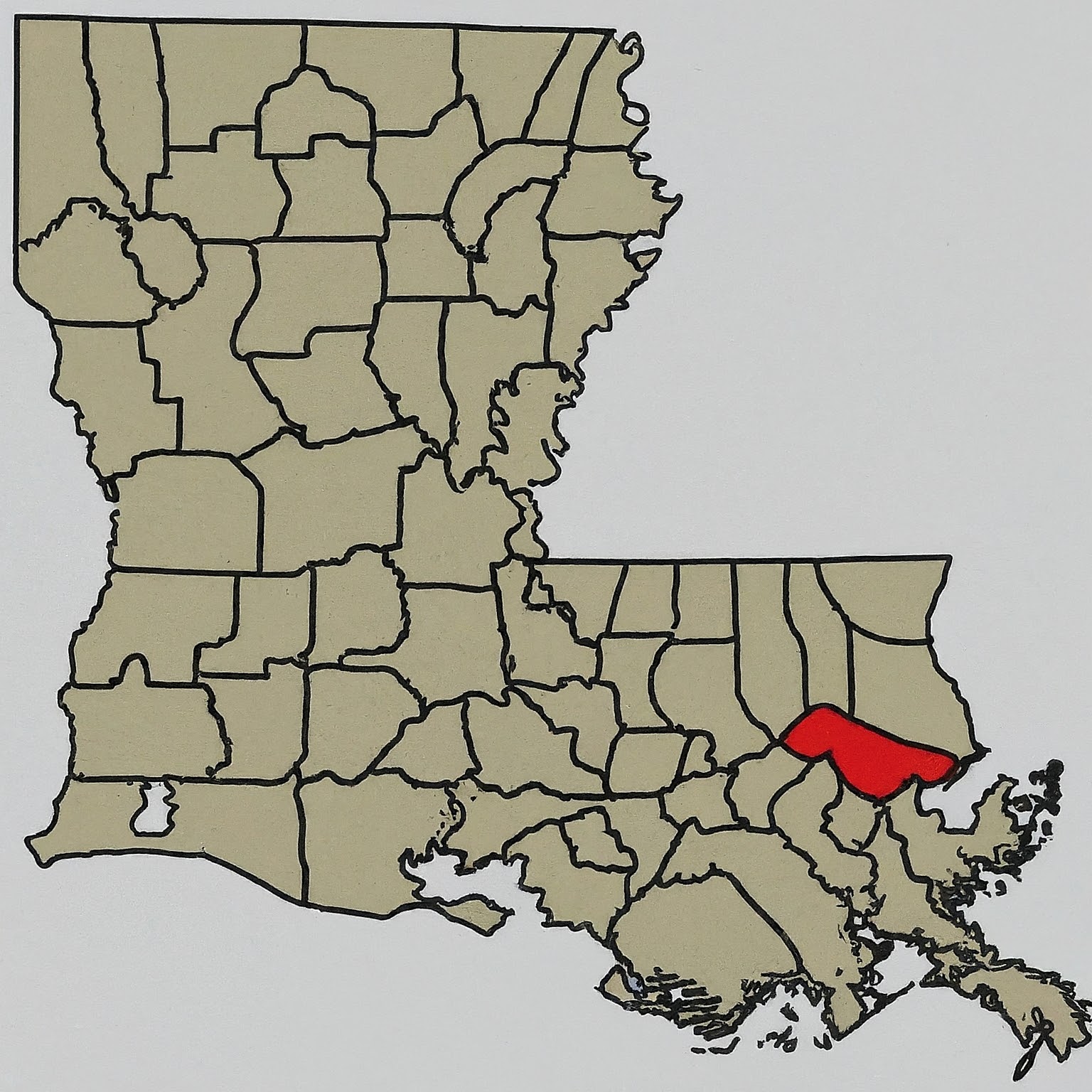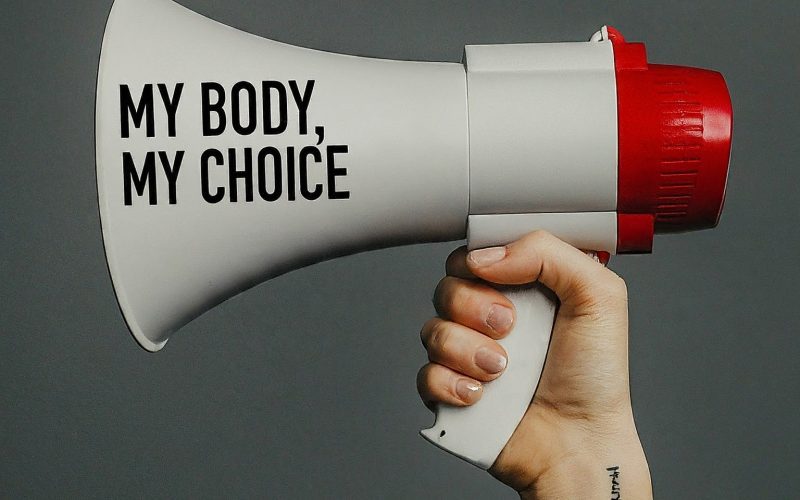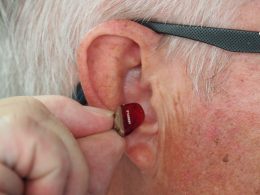Introduction: A Seasoned Doctor’s Perspective on Louisiana’s New Law
Dr. Sarah Thompson, a board-certified OB-GYN with over 20 years of experience, has dedicated her career to providing women with comprehensive reproductive healthcare. As news swirls about Louisiana’s recent legislation classifying abortion pills as controlled substances, Dr. Thompson offers a clear and balanced perspective on this complex issue.
Dr. Thompson expresses her concern about the impact this new law will have on women in Louisiana. She emphasizes that medication abortions are a safe and effective option for women seeking to terminate early pregnancies. Let’s explore what medication abortions are and how this new law might affect access to them in Louisiana.
What Are Medication Abortions? A Safe and Effective Option
Medication abortions involve taking two FDA-approved medications, mifepristone and misoprostol, to end a pregnancy typically within the first 10-12 weeks. Mifepristone blocks the hormone progesterone, which is essential for pregnancy to continue. Misoprostol causes the uterus to contract and expel the pregnancy tissue. Medication abortions are a well-established method with a very high success rate (over 99%) and a well-documented safety profile.
Understanding Louisiana’s New Restrictions
Louisiana is the first state to classify mifepristone and misoprostol used for medication abortions as controlled substances, placing them in the same category as certain prescription pain medications. This new law creates stricter regulations for doctors prescribing these medications, potentially making it harder for women to access them. It’s important to note that Louisiana already has some of the most restrictive abortion laws in the country.

Potential Consequences of the New Law
Dr. Thompson outlines some concerning potential consequences of this new law:
- Reduced access to safe abortion: With stricter regulations, many women might struggle to find doctors willing to prescribe the pills. This could force women to travel out of state or resort to unsafe methods to terminate pregnancies.
- Increased risk of unsafe abortions: Desperate women facing limited access to safe options might turn to unsafe methods like self-induced abortions or procedures performed by unqualified individuals, jeopardizing their health and potentially leading to serious complications.
- Disproportionate impact on low-income women: The financial burden of traveling to access medication abortions outside Louisiana could disproportionately affect low-income women who may already struggle with affording basic necessities.
Accessing Reproductive Healthcare in Louisiana
Despite these restrictions, Dr. Thompson assures readers that there are still options for women in Louisiana seeking reproductive healthcare. Here are some resources:
- Planned Parenthood clinics or other healthcare providers offering abortion services (mention specific providers in Louisiana if possible)
- Telehealth consultations for medication abortions (if applicable in Louisiana) – This could be a valuable option for women in rural areas or those facing difficulty finding a local provider.
- Support groups and organizations advocating for reproductive rights – These groups can provide emotional support, information, and resources to help women navigate their options.
Your Rights and Taking Action
Every woman has the right to make decisions about her own body and reproductive health. If you’re concerned about this new law or want to get involved in advocating for reproductive rights in Louisiana, here are some resources:
- National organizations like Planned Parenthood or NARAL Pro-Choice America offer information and resources on abortion rights and how to get involved in activism.
- You can contact your local legislators and express your opposition to this new law.
By staying informed and taking action, you can help ensure that women in Louisiana have access to the safe and legal reproductive healthcare they deserve.












